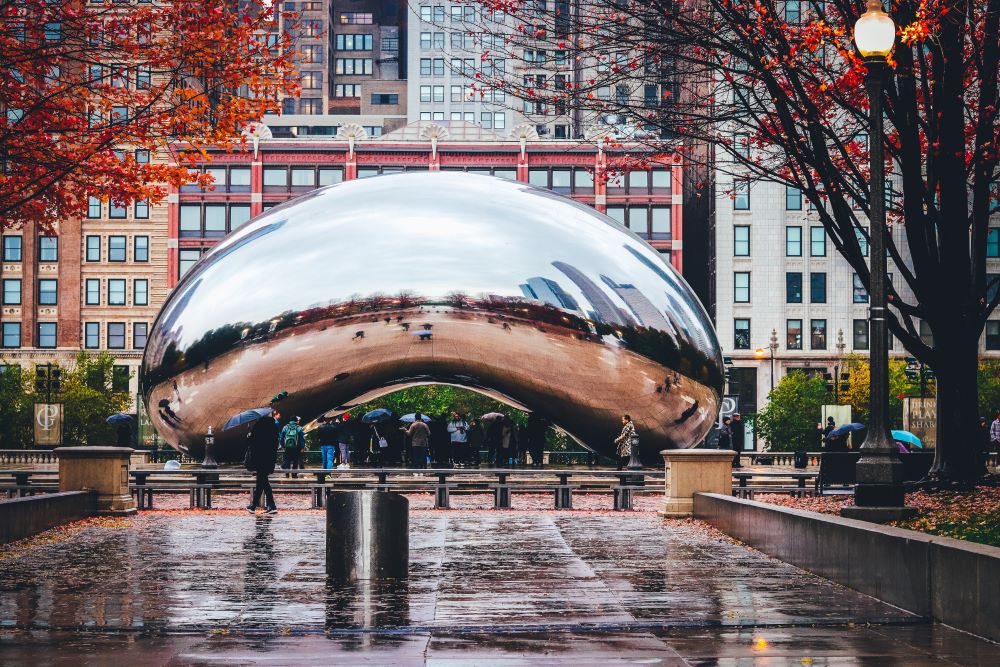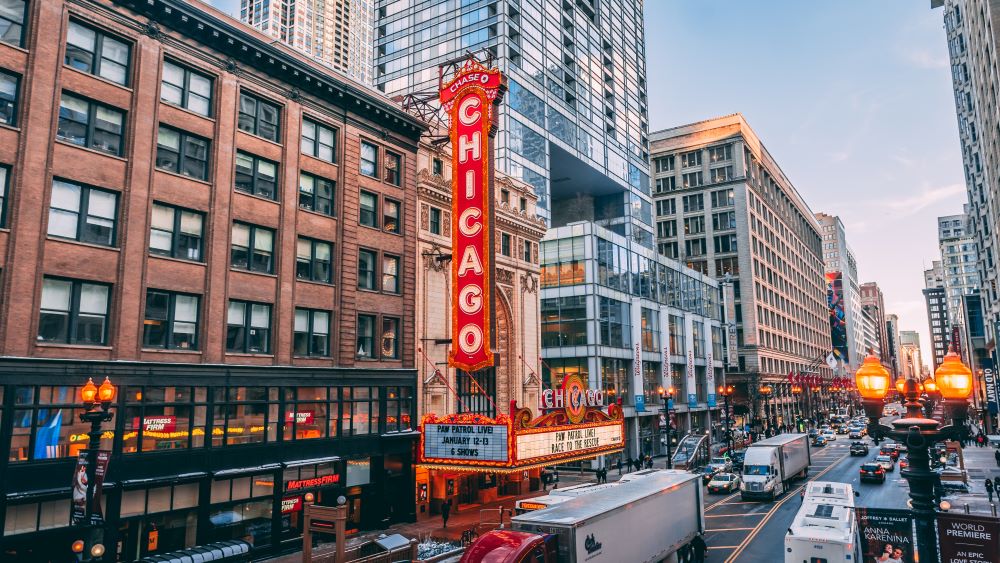Chicago’s mental health resources have historically been scarce, but that could be shifting.
Sadly, many mental health resources including clinics were shut down within Chicago’s city lines due to previous administration decisions. Thanks to advocates Arturo Carrillo and Eric Reinhart, however, change is on the horizon. The agencies are promoting treatment to help reduce trauma and the impact it has on overall well-being. Healing takes time and it demands a person has access to the resources they need to work through their situation.
Funds have been given to private organizations for mental health services, but they’ve historically fallen short. These shortcomings have led officials to move in a new direction. They are shifting the funds for public resources to ensure the outreach of mental health services in Chicago is realistic and achievable. The new program is called Treatment not Trauma.
The summit for Treatment to Trauma was full of educators, advocates, mental health professionals, other healthcare professionals, and community members. This is encouraging due to the need for a better mental health system in the city overall. The lack of such services has hurt residents and the economy, in general. Bringing understanding and compassion into the mix with mental health services is encouraging.
What is in the way of effective mental health services for Chicago’s residents? At the top of the list are lengthy wait times to see a professional. The need and desire to talk to someone should be a priority. Part of the additional funding will go toward hiring additional counselors and advocates to reduce lags.

Offering diverse locations in Chicago’s city limits where a person can receive the services is important, too. Not everyone has access to transportation, and that can hold them back from face-to-face appointments. Telephone and video mental health appointments can offer value to those who can’t go in person due to transportation concerns, health issues, or lack of childcare.
The quality of public mental health services must be held to a higher standard. Too many people don’t get a proper diagnosis or there is a lag in their treatment plan. This is often due to the high caseloads and lack of proper training these professionals have. They must have the best training and diagnostic tools at their disposal to offer each patient the best outcome through available services and techniques, and this is another goal of the new initiative, which currently has a 2023 budget of $89 million.
The public mental health system in Chicago is fractured and damaged, and it’s going to take some time to turn things around. The unmet needs of residents in this area are at an all-time high. Creating a bridge where people can get the resources and help they need is important, and ensuring a path for them to reach those resources and get help now rather than later is an important part of improving this system.
Sources:
Renewed push for Treatment Not Trauma ordinance begins at Woodlawn summit


Join the conversation!